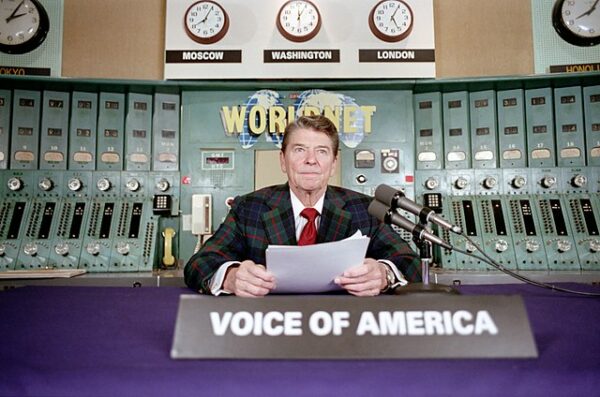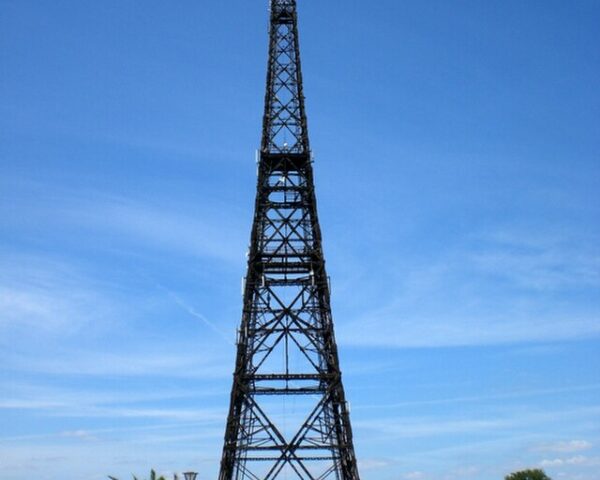It was a joke that put everyone on edge. On August 11, 1984, during a routine sound check before his weekly Saturday radio address, President Ronald Reagan made a remark that would become one of the most infamous gaffes of his presidency. Testing the microphone, Reagan jokingly declared, “My fellow Americans, I’m pleased to tell you today that I’ve signed legislation that will outlaw Russia forever. We begin bombing in five minutes.” Though intended as a joke, the comment quickly escalated into an international incident.
The comment went over like a lead balloon. Reagan had adopted a hardline stance against the Soviet Union, famously dubbing it the “Evil Empire” and increasing military spending to counter what he viewed as a significant threat to global security. The joke, therefore, touched a raw nerve in an already fraught geopolitical climate.
Although the remark was not broadcast live, it was picked up by journalists who were present and quickly made its way to the media. The reaction was swift and widespread. In the United States, many were appalled by what they saw as an irresponsible and flippant comment about a matter as serious as nuclear war. Critics argued that the joke underscored the dangers of Reagan’s aggressive foreign policy and questioned whether the president fully grasped the gravity of nuclear conflict.
Internationally, the response was equally, if not more, severe. The Soviet Union, unsurprisingly, was outraged. Soviet media condemned the comment as evidence of American hostility and recklessness. Some reports suggested that Soviet forces went on a heightened state of alert, although this has been a matter of debate among historians. The remark also strained relations with U.S. allies, many of whom were concerned about the potential for miscommunication or miscalculation in a world armed with nuclear weapons.
Reagan and his administration attempted to downplay the incident, insisting that it was a harmless joke and that no one should take it seriously. White House Press Secretary Larry Speakes told reporters that “the president was obviously joking and the audience knew he was joking.” However, the damage was done, and the gaffe became a campaign issue, often cited by critics as emblematic of the risks associated with his confrontational approach to the Soviet Union.
The “We begin bombing in five minutes” incident also had a lasting impact on how leaders, especially in the United States, approached off-the-record comments and the use of humor in sensitive contexts. The “hot mic” became a problem leaders all over the world began thinking about.
Ultimately, the gaffe did not lead to any immediate diplomatic crisis, and Reagan continued to pursue his agenda of confronting the Soviet Union. However, it remains a poignant example of how a seemingly innocuous joke can have far-reaching implications, particularly in the high-stakes world of international relations.






